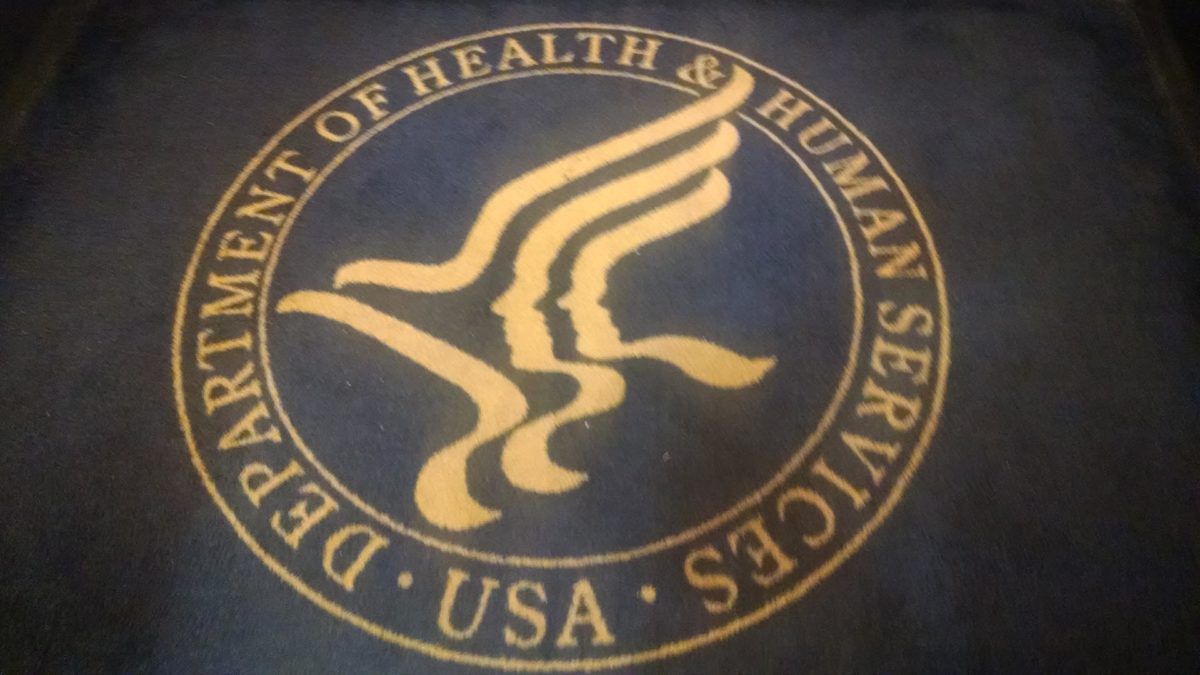Re: Comments on “Patient Protection and Affordable Care Act: Reducing Regulatory Burdens and Improving Health Care Choices To Empower Patients”
Docket No. CMS-9928-NC, RIN 0938-ZB39
On behalf of the Association of American Physicians and Surgeons (AAPS) Kentucky Chapter, I am pleased to submit comments on ways to successfully meet the goals of Executive Order 13765.
In general, we believe that 3 things – growth of Direct Care (which is private contracting between medical professionals and patients without insurance involvement), expansion of Health Savings Accounts (fewer restrictions on amounts allowed, who or what entities may own one, and what they can be used to purchase), and freedom for health insurance to function primarily as coverage for unexpected and expensive events – would revolutionize healthcare in the United States by making it better and more affordable for everyone, including and very importantly lower income individuals and Medicaid beneficiaries.
Direct Care has led to drastic savings on healthcare spending for self-insured businesses, often in the range of 20-50 percent or more. There are several reasons for this. First, the typical 4 to 5 fold (or more) mark up for facility based services billed to insurance is eliminated because the overwhelming administrative support required for billing and coding for insurance reimbursement is not involved and prices are transparent. Also, particularly in the area of primary care, there is remarkable downstream savings as better access leads to less need for ER visits, advanced imaging, specialty care, and hospitalizations. In addition, Direct Care helps many individuals with high deductible plans realize that they can find much more affordable options by simply paying for services rather than using their insurance. If allowed to grow, Direct Care would naturally lead to drastically more affordable care and lower insurance costs, especially if there were free market forces in play.
We believe HHS and CMS can reduce current barriers to the growth of Direct Care in the United States.
First, Medicare and Medicaid patients should be free and encouraged to privately contract with physicians and other medical professionals if they choose to do so, especially since access to timely and high quality care is often an issue.
ACA Section 6401 (b) apparently requires physicians ordering and prescribing for Medicaid patients to be enrolled in Medicaid for screening purposes, even if they are not billing the Medicaid program. CMS has declared that state Medicaid agencies may implement a streamlined enrollment process for those providers who only order or refer (similar to the CMS 855-O or opt out process in the Medicare program) and at least one regional CMS office (in San Francisco, CA) has stated that “we are not aware of any statute or regulation that would impose a penalty on a provider for accepting a payment from a Medicaid-eligible individual who voluntarily chooses not to access their Medicaid coverage.” However, the Medicaid Commissioner in Kentucky has claimed our state’s hands are tied by CFR 447.20, which is not linked to the ACA and apparently was developed to make sure the states and CMS are not paying for care that is supposed to be paid by another entity or person. He is under the impression that Direct Care physicians are prohibited by this regulation from privately contracting with Medicaid patients. Generally, CMS could clarify the intent of ACA Section 6401 (b) and the unrelated regulation CFR 447.20 and encourage all states to allow increased freedom of physician choice for Medicaid patients. Specifically, 42 CFR 455 subpart E – related to ACA Section 6401 (b) – could be amended to either (a) clarify that ordering and prescribing physicians who are not billing the Medicaid program do not need to enroll in Medicaid or (b) clarify that physicians enrolled in the program only for prescribing and ordering purposes may privately contract with Medicaid beneficiaries for Direct Care.
While CMS has issued clear rules allowing physicians opted out of Medicare to order, prescribe, and refer for their Medicare patients, contractors administering Part B often fail to properly follow these rules. Patients of Medicare opted out physicians are frequently finding that claims for services ordered by their doctor are being rejected because of misunderstandings or other issues at the Medicare contractor level. CMS should hold the Part B contractors accountable for following the rules and processing claims for these patients’ care.
Finally, patients who have commercial insurance should be encouraged to use Direct Care for preventive/routine care and reserve insurance to pay for care for expensive and/or unpredictable medical events and illnesses.
ACA section 10104 states “HHS shall permit a qualified health plan to provide coverage through a qualified Direct Primary Care medical home plan that meets criteria established by the Secretary.” Section 1301 (a) (3) and its corresponding regulations basically define a direct primary care medical home. HHS and CMS could work with state insurance regulators and encourage insurers to offer qualified health plans designed for pairing with Direct Primary Care medical homes to individuals and employers (not just on the exchanges) as an alternative to expensive comprehensive packages.
Thank you for your efforts and please don’t hesitate to contact the AAPS Kentucky Chapter if we can be of any assistance in helping to make Executive Order 13765 a success.
Respectfully Submitted,
Kentucky Chapter, Ass’n of American Physicians & Surgeons


